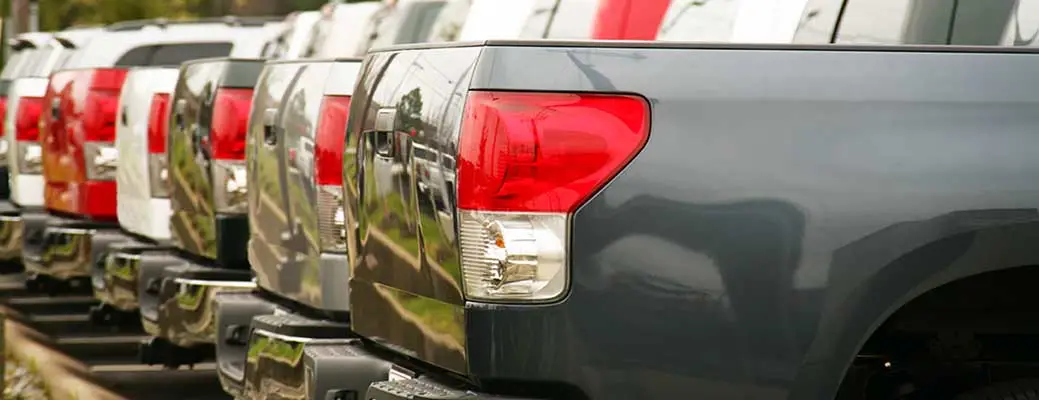5 Ways to Prepare for a Used Car Auction


Whether you dread the idea of spending a day at a car dealership or dream of scoring a new-to-you vehicle at a great price, an auction could be just the ticket.
But don’t be fooled: The quality and reliability of what you’ll find varies greatly. Used-car auctions can offer just as much risk as reward. If you’re ready to dip your foot in, keep reading for tips on protecting yourself and a finding a gem.
Different auctions have different policies, so do your research and find out what to expect. Generally, government auctions are a safer bet than public auctions. With government vehicles — think police cruisers, impounded vehicles and utility trucks — it’s a safe bet the reported vehicle history and mileage is accurate. With public auctions, though, you risk taking home a vehicle with a phony record, shoddy repairs and a rolled-back odometer.
If you can, take a practice run. Visit an auction and watch other bidders. Get a feel for how the auction is run, what the bidding process looks like and what you can expect when you’re ready to join in. Auctions can be hectic and fast-paced — and diving right in without seeing the process first can be overwhelming.
In a perfect world, you come away from an auction with a great deal on a reliable car. Auctions don’t just feature reliable vehicles, though. Millions of traded in, leased, repossessed or totaled vehicles make it to car auctions every year, and there are bound to be lemons in the bunch. Know from the outset what you’re looking for. If it’s a vehicle in perfect condition, an auction is likely not the place for you.
Don’t get pulled in by spotless paint and sparkling windows: Even a shined-up clunker is a clunker. Most auctions sell vehicles “as is” — no warranties, no guarantees and no one to call if you’ve purchased a hunk of junk. There are, however, auctions that offer short windows to help ensure a vehicle is up to your standards. Stick to those if you’re not comfortable jumping in without a safety net.
Check the vehicle as thoroughly as the circumstances — and your skillset — allow. If you aren’t confident you can identify deal breakers on your own, bring along a trusted mechanic or car-savvy friend or family member. Ideally, you can take the vehicle for a test drive.
Look up the Kelley Blue Book value to determine a good starting bid. Keep your eyes out for obvious signs of damage or repair like patched paint or flood damage and check under the hood. Note the VIN on the windshield, and research its history online. (Websites like CARFAX come in handy here.) The VIN should appear in several places on the car, including door and trunk stickers. What if the numbers don’t match? It’s likely the car was repaired after major damage. Don’t waste your time.
Cars sold at auction are there for a reason: accidents or damage, high mileage or mechanical issues. A low bid may seem like a great deal, but won’t feel like much of a bargain if you need to shell out hundreds to thousands of dollars to keep it running.
Depending on the auction house and its policies, you may have to pony up to inspect the vehicles up for auction. Some, often more upscale, auctions offer pre-inspection services for an additional fee, and you can also expect to pay a buyer’s premium — up to 10 percent of the bid price.
If you’re purchasing out of state, you’ll be on the hook for shipping if the vehicle isn’t roadworthy. Locally, you’ll have to pay a towing company if the car doesn’t run. Then come the taxes, title and registration fees. If this sounds a little more than what you were expecting out of purchasing a car from a car auction, you might think buying a used car locally is a better option.
Ready to outfit your new ride? Make sure you talk to your Farm Bureau agent before you hit the road. Your agent will help you ensure you have the right coverage.